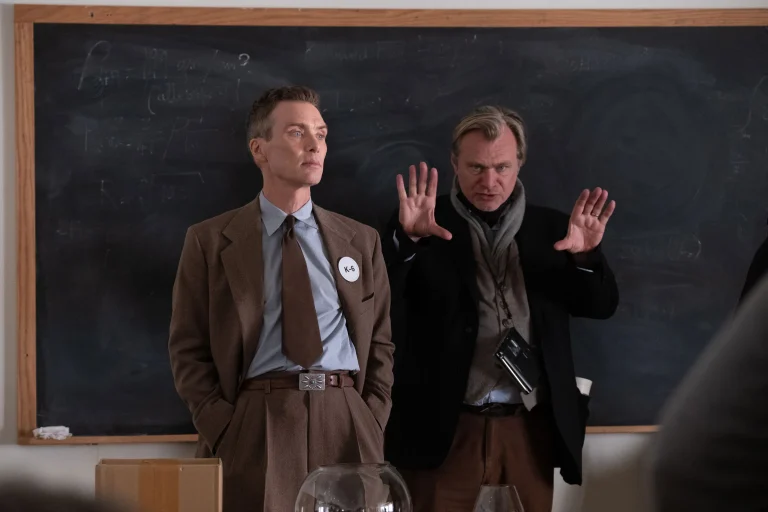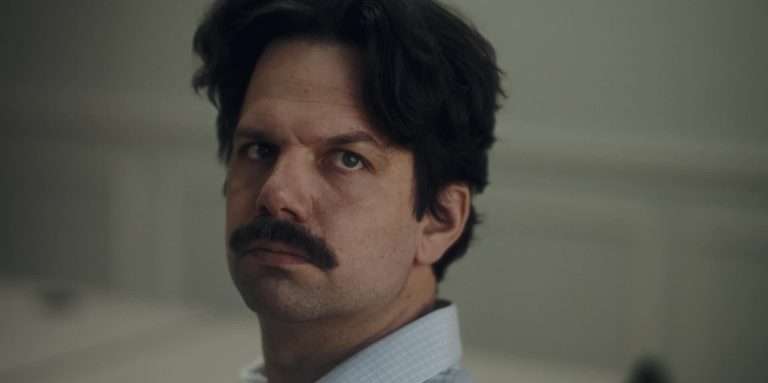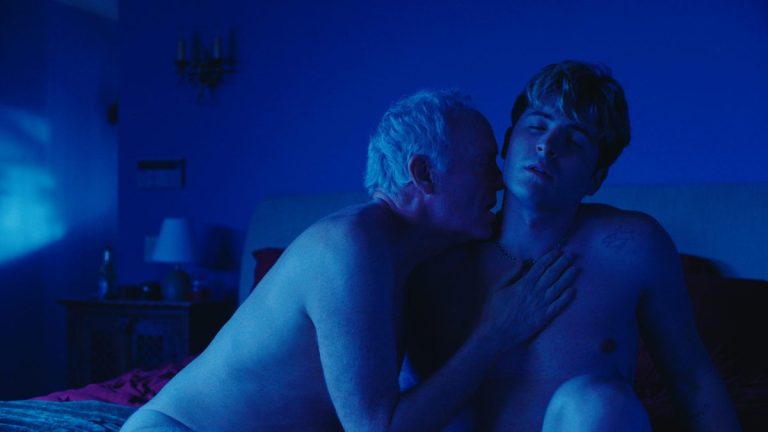Jonathan Demme’s The Silence of the Lambs (1991) is more than just a chilling thriller. It’s a layered story that blends psychological horror, suspense, and deep character work. Over 30 years later, it still leaves audience unsettled and curious, especially when it comes to the ending. How exactly does Clarice Starling manage to catch Buffalo Bill? What does that final phone call with Dr. Hannibal Lecter really mean? And beneath all the tension, what is the film truly trying to say?
In this article, I’m going to walk you through the ending of The Silence of the Lambs, step by step and dig into the film’s deeper themes, so all those lingering questions finally start to click. Just a heads up: this article contains spoilers, so read at your own discretion.
The Silence of the Lambs (1991) Plot Summary & Movie Synopsis:
Clarice Starling (Jodie Foster) is an ambitious FBI trainee at Quantico, handpicked by the Behavioral Science Unit’s Jack Crawford (Scott Glenn) for a special assignment. An interview with the notorious Dr. Hannibal Lecter (Anthony Hopkins), a brilliant psychiatrist and convicted cannibal, hoping his insight will help capture an active serial killer known as “Buffalo Bill.” Bill, whose real identity is unknown at the outset, has been abducting and skinning young women throughout the Midwest.
Crawford tells Starling to keep his real plan to herself and sends her to the Baltimore State Hospital, where she meets Dr. Frederick Chilton, the arrogant guy who runs the place. After shutting down his creepy flirting, she’s taken to meet Hannibal Lecter in his high-security cell. Right from the start, it’s a mental chess match. Lecter isn’t impressed with her “psychological questionnaire” and quickly sees through her real reason for being there. He shuts her down at first. But when another inmate, Miggs, throws something at Starling, Lecter is disgusted. He calls her back and gives her a strange, cryptic clue, one that offers a peek into how his mind works.
Starling follows Lecter’s riddle to a storage unit, where she finds something disturbing – a severed head in a jar. It turns out to be one of Lecter’s old patients, and possibly a victim of Buffalo Bill. Back at Quantico, she keeps piecing things together using Lecter’s cryptic clues and her own instincts. Meanwhile, things get serious fast when Buffalo Bill kidnaps Catherine Martin, the daughter of a U.S. senator.
Now the FBI is under pressure to act quickly. Crawford tries to trick Lecter by offering him a fake deal, saying he’ll be moved to a nicer prison if he helps find Bill. But Lecter is more focused on Starling. He starts digging into her past, asking for personal memories in return for information. Starling opens up about a childhood trauma: hearing lambs screaming as they were being slaughtered on her relatives’ farm. It’s a memory she’s never been able to forget.
Lecter, clearly enjoying how honest Starling is, finally gives her a big clue. He explains that Buffalo Bill isn’t actually a real trans person, he just thinks he is. He wanted gender-affirming surgery but was turned down because of serious psychological issues. Meanwhile, Chilton finds out Starling was lying about the deal and sees a chance to get ahead. He offers Lecter a better deal: help them catch Bill, and he’ll be transferred to Memphis and get to speak directly with Senator Martin.
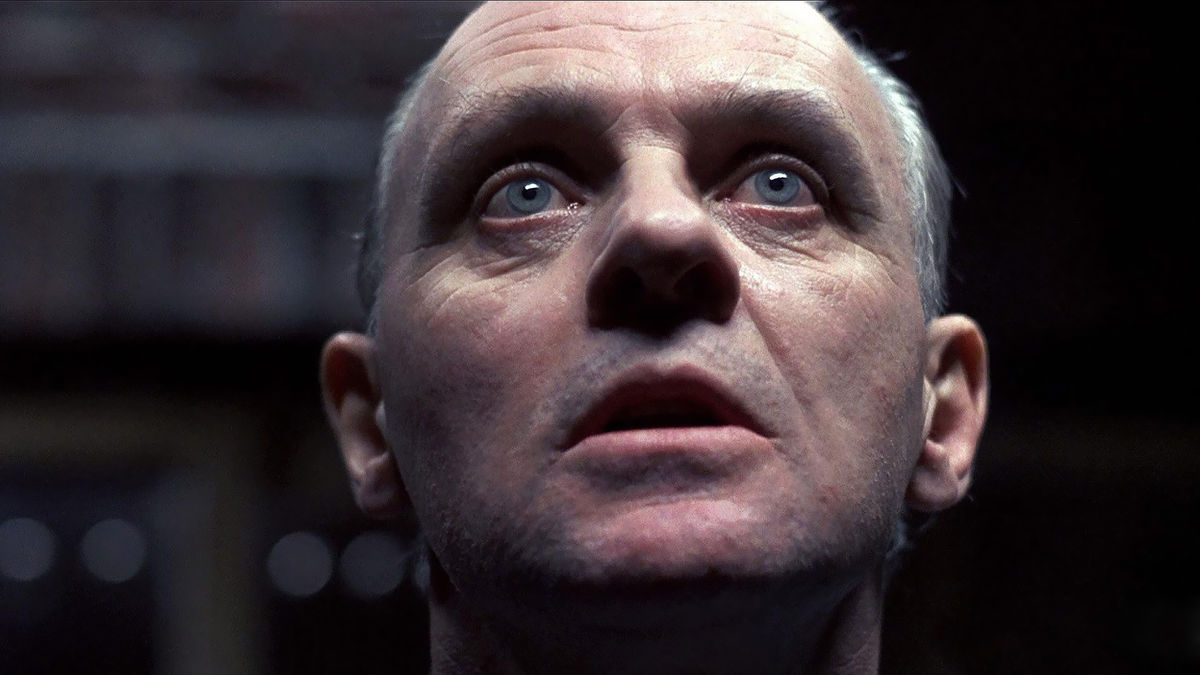
In Memphis, Lecter gives the authorities part of the truth, a basic physical description of Buffalo Bill, but then throws them off with a fake name: “Louis Friend,” which is actually an anagram for “iron sulfide,” also known as fool’s gold. Starling figures out the trick and confronts him. That’s when Lecter gives her one of his most important clues: “We covet what we see every day.” But in return, he wants something personal, her deepest pain.
Moved by her honesty, he gives her the full case file on Buffalo Bill. Not long after, Lecter pulls off a brutal and clever escape. He makes a key out of a stolen pen, kills and mutilates two guards, and fools everyone by wearing one of their faces as a mask. The paramedics take him away, thinking he’s a victim. Just like that, Lecter vanishes, leaving a bloody mess behind.
The Silence of the Lambs (1991) Movie Ending Explained:
How Does Clarice Really Catch Buffalo Bill?
Lecter’s clue: “we covet what we see every day”, ends up being the key. As Starling goes through the case files again, she realizes something the others missed. Unlike the other victims, the first known one, Frederica Bimmel, actually knew her killer. Digging deeper, Starling finds out Frederica was a skilled seamstress who collected dress patterns that looked a lot like the skin patches taken from Bill’s victims. That’s when it clicks: Buffalo Bill is making a “woman suit” out of real skin. It’s his twisted way of trying to transform himself.
While the FBI starts closing in on a suspect named Jame Gumb and heads to his listed address in Illinois, Starling is sent to Ohio to talk to people who knew Frederica. Then comes the movie’s big twist: while we think Crawford and the SWAT team are about to catch the killer, it’s actually Starling, completely unaware, who knocks on the door of Gumb’s real hideout.
Starling asks to speak with “Mrs. Lippman,” but the man who answers the door introduces himself as “Jack Gordon.” Something feels off. Then she spots a Death’s-head Hawkmoth flying around inside the house, just like the ones found with the victims. That’s when she knows. She tries to arrest him, but Gumb runs, leading her into a dark, maze-like basement. Starling finds Catherine Martin trapped in a dry well, begging for help. The scene cuts between Starling trying to find him and Gumb silently stalking her through night-vision goggles. JJust when it seems he’s about to shoot, he cocks his gun, making a small sound. Starling hears it, turns, and fires – killing Gumb and saving Catherine.
Also Read: Adaptive Fidelity And Silence Of The Lambs
After everything, Starling is praised as a hero and finally graduates from the FBI Academy. During the celebration, she gets a phone call from Hannibal Lecter. He’s calling from somewhere sunny, free and relaxed. Their short conversation is full of tension but also respect. Lecter tells her he won’t come after her and asks that she do the same. Then he ends the call by saying he’s about to “have an old friend for dinner”—clearly talking about Dr. Chilton, who he’s now watching in a crowd. The Silence of the Lambs (1991) ends with Starling frozen in thought, her face unsure, as we’re left wondering if those childhood screams of the lambs have finally gone quiet.
Who Is Buffalo Bill and What Drives Him?
Buffalo Bill turns out to be Jame Gumb, a seriously disturbed man whose crimes come from deep issues with identity, rejection, and trauma. He kidnaps and kills women to make a “woman suit” out of real skin. As Lecter points out, Gumb isn’t a “true transsexual” but someone who hates himself and is confused about who he is, using violence as a way to cope.
The Death’s-head Hawkmoth found in the victims’ mouths represents transformation, which ties into what Gumb is trying to do. His character was inspired by real-life killers like Ed Gein, who made clothes from human skin, and Ted Bundy, who tricked victims before attacking them. Gumb’s violence isn’t about sex, it’s his twisted way of trying to erase who he is and become someone else by literally wearing a new identity.
How Does Hannibal Lecter Guide and Manipulate Clarice?
Lecter’s relationship with Clarice is at the heart of the film. He calls her an “interesting subject,” clearly intrigued by her mix of vulnerability and sharp mind. But he’s never just a helpful guide. He leads her toward Buffalo Bill, but only through half-truths and cryptic clues. While he sends the rest of the FBI chasing the wrong lead, he quietly pushes Clarice in the right direction. In the end, we see she’s the one who solves the case and maybe that’s exactly what Lecter wanted. Whether it’s because he respects her, feels a rare sense of empathy, or just wants to give her a twisted kind of gift, we’re never fully sure.
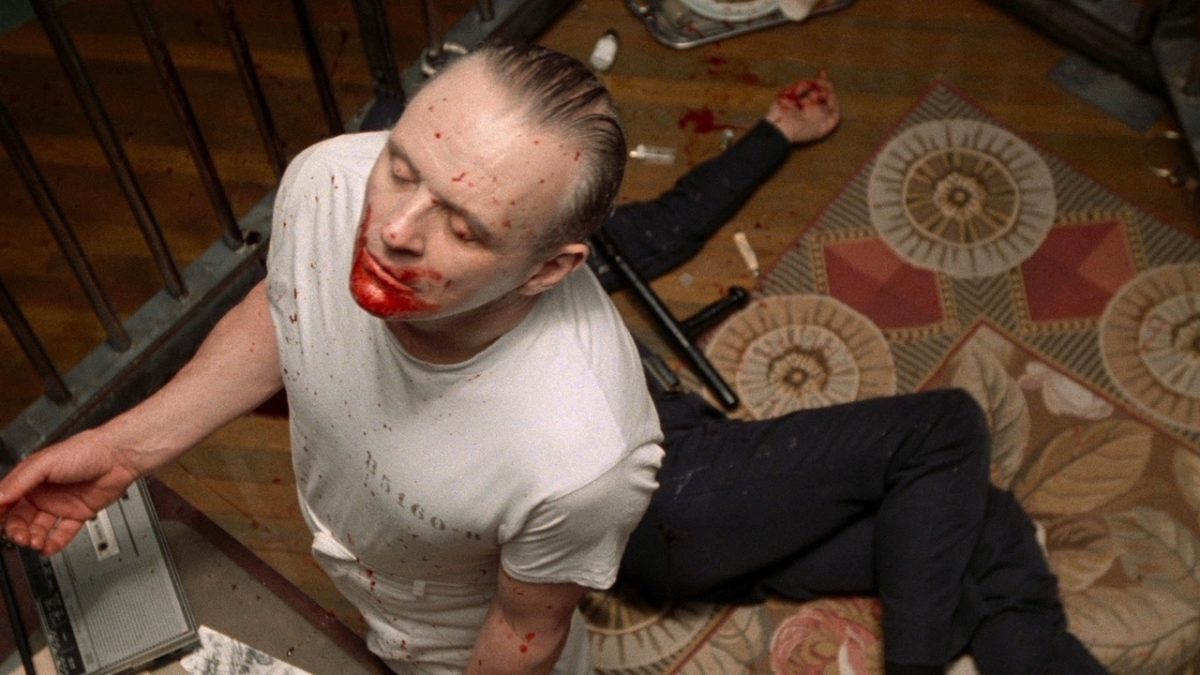
Their relationship also says a lot about power. Lecter helps solve the case, but he’s always the one in control. Every time he gives Clarice a clue, he takes something in return, usually her most painful memories. That emotional grip he has on her never really goes away. The final phone call brings it full circle. Their “quid pro quo” deal is still in place: there’s mutual respect, but also an edge of danger. Even with an ocean between them, he still holds some power over her.
What Does the Title, “The Silence of the Lambs,” Actually Mean?
The phrase is tied to Clarice’s biggest childhood trauma: hearing lambs scream as they were being slaughtered on her relatives’ farm. She couldn’t save them, and that left her with a deep sense of guilt and helplessness. Lecter picks up on this and sees that, for Clarice, saving Catherine and catching Buffalo Bill isn’t just about the job.
It’s her way of trying to make up for what she couldn’t do as a child, to finally “silence the lambs.” But the film’s ending shows that trauma doesn’t just vanish. Even though she’s now seen as a hero, that final call from Lecter reminds us that the past and real evil doesn’t go away that easily. The fight, both inside her and out in the world, still goes on.
How Does the Film’s Ending Differ From the Book?
In Thomas Harris’s novel, things end on a calmer note. Clarice is finally able to sleep “deeply, sweetly, in the silence of the lambs.” But the film takes a different route. It leaves us with a more uneasy feeling, with Lecter’s chilling phone call making us wonder if Clarice will ever truly find peace.
The Silence of the Lambs (1991) Movie Themes Analysed:
Power, Gender, and Predation
The Silence of the Lambs is more than just a cat-and-mouse thriller. Through Clarice Starling’s eyes, the film explores power between men and women, predator and prey, teacher and student. Clarice is often shown alone, surrounded by men who either doubt her or try to intimidate her. That tension is heightened by the way both Lecter and Buffalo Bill look at her, as if she’s being studied or hunted.
The film also digs into identity, womanhood, and the idea of transformation, using things like skin and voice as symbols of how people try to become someone new or take back control of who they are. The ending of The Silence of the Lambs (1991) works on different levels. On one hand, it gives us the win, evil is stopped, and Clarice survives. But it doesn’t feel fully settled. Her bravery gets her through, but Lecter’s final call is a reminder that the trauma she carries is still there. Evil hasn’t disappeared; it’s just waiting in a new form.



![Try Harder! [2021] Review: An Exploration of High School Overachievers, with College Rejections as the Villain](https://79468c92.delivery.rocketcdn.me/wp-content/uploads/2021/12/Try-Harder-768x384.jpg)


